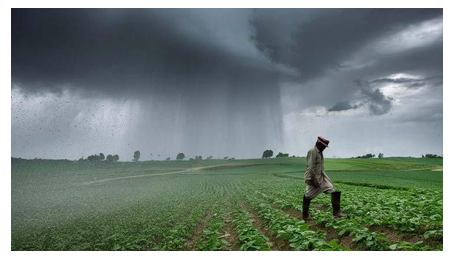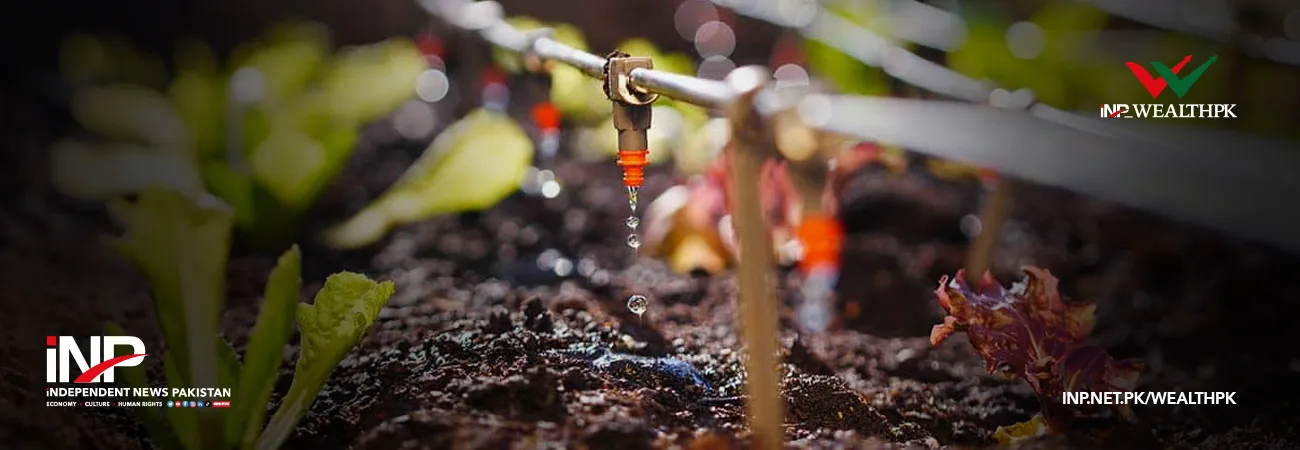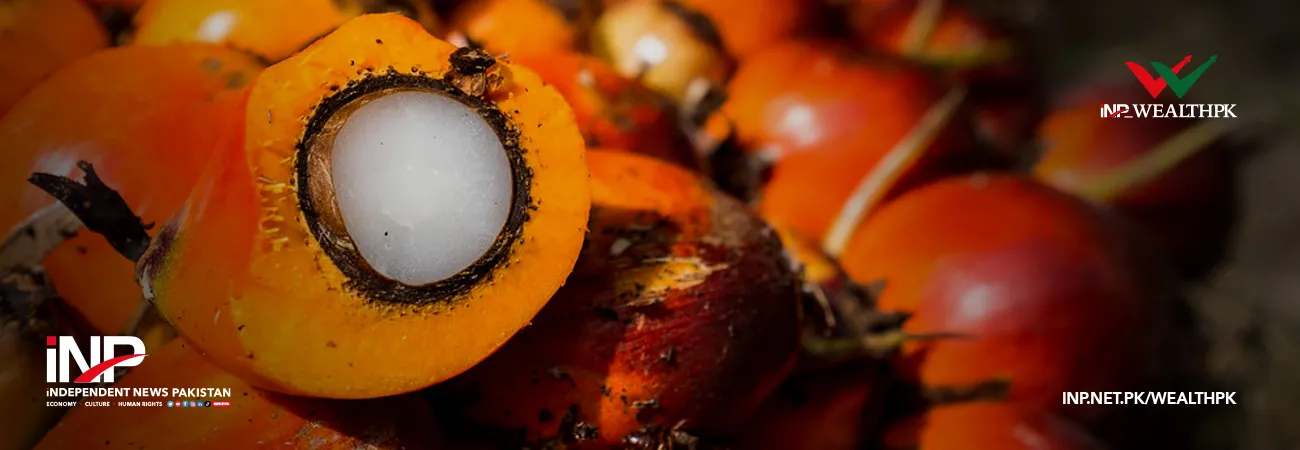INP-WealthPk
Muhammad Saleem

Torrential rains can be a blessing for Pakistan’s agriculture sector. However, the authorities have failed to preserve the rainwater, exposing the country to significant challenges. Talking to WealthPK, Dr. Ahad Khan, an agricultural economist, warned that rains will devour the fertile agricultural lands in low-lying areas where no arrangements had been made to conserve the rainwater. A couple of years ago, devastating floods wreaked havoc on the country; however, the situation failed to jolt the policymakers out of slumber. He said the impact of torrential rains on the country’s agricultural sector will remain a complex issue, presenting opportunities and challenges for farmers, policymakers and agricultural scientists. Discussing the advantages, he said torrential rains will replenish water resources, as the farmers were already grappling with water scarcity in different parts of the country.
“However, it seems we are not ready to capitalize on the situation and have thus far failed to build any dam or major reservoir in the country. Water availability is a major concern in Sindh and Punjab, and rains can provide much-needed relief to the farmers. Proper irrigation of land will boost productivity and ensure healthy diets for consumers,” he added. Bilal Ahmed, a crop scientist, told WealthPK that rains had the potential to enhance soil fertility, but the situation in Pakistan was otherwise due to the ineffective measures taken to tackle the rainwater which was hitting the fertile lands. He said soil nutrients were imperative for good yield, and rains could provide them through natural replenishment. He said rainwater could produce exceptional results in improving land fertility and plant growth with the help of essential minerals it carried from the surface before seeping into the ground. This procedure can take productivity to the next level with proper management of the plants, he added.
Fatima Noor, an environmental expert, asserted that enhanced crop diversity was the need of the hour for Pakistan, and rains could help the farmers achieve this goal. She said the availability of water in abundance could encourage the growers to embrace crop diversification. She noted that worldwide consumer preferences were undergoing a transformation, and Pakistani farmers could cash in on this trend. She suggested that the Pakistani farmers experiment with different varieties of crops, abandoning the traditional patterns. Water shortage is hindering the agricultural scientists and farmers from testing new varieties. “We need resilient crops following the climate change, as food security will be a formidable challenge for Pakistan in future,” she suggested.

Dr. Ahad Khan said preserving rainwater was a daunting task that requires substantial investment in better drainage systems and flood management infrastructure. He asserted that by incorporating dams, reservoirs and a flood management system, Pakistan could efficiently reduce the adverse effects of excessive rainfall. Currently, he said, waterlogging was hitting the crops, causing immense damage to the farmers. The farmers, whose fertile lands were destroyed by floods in the recent past, are still trying to gain the ground independently, as they have received minimal assistance from the policymakers, he claimed. Bilal Ahmed suggested that the government launch a comprehensive crop insurance program for the farming community to save them from natural disasters. Annually, he said the farmers had to face financial losses due to crop damage, and this situation was draining their resources. “Only deep-pocket farmers are the guarantors of food security, but ironically, in Pakistan, the rulers are merely paying a lip-service rather than implementing practical policies for the farmers’ welfare, he added.
Credit: INP-WealthPk













